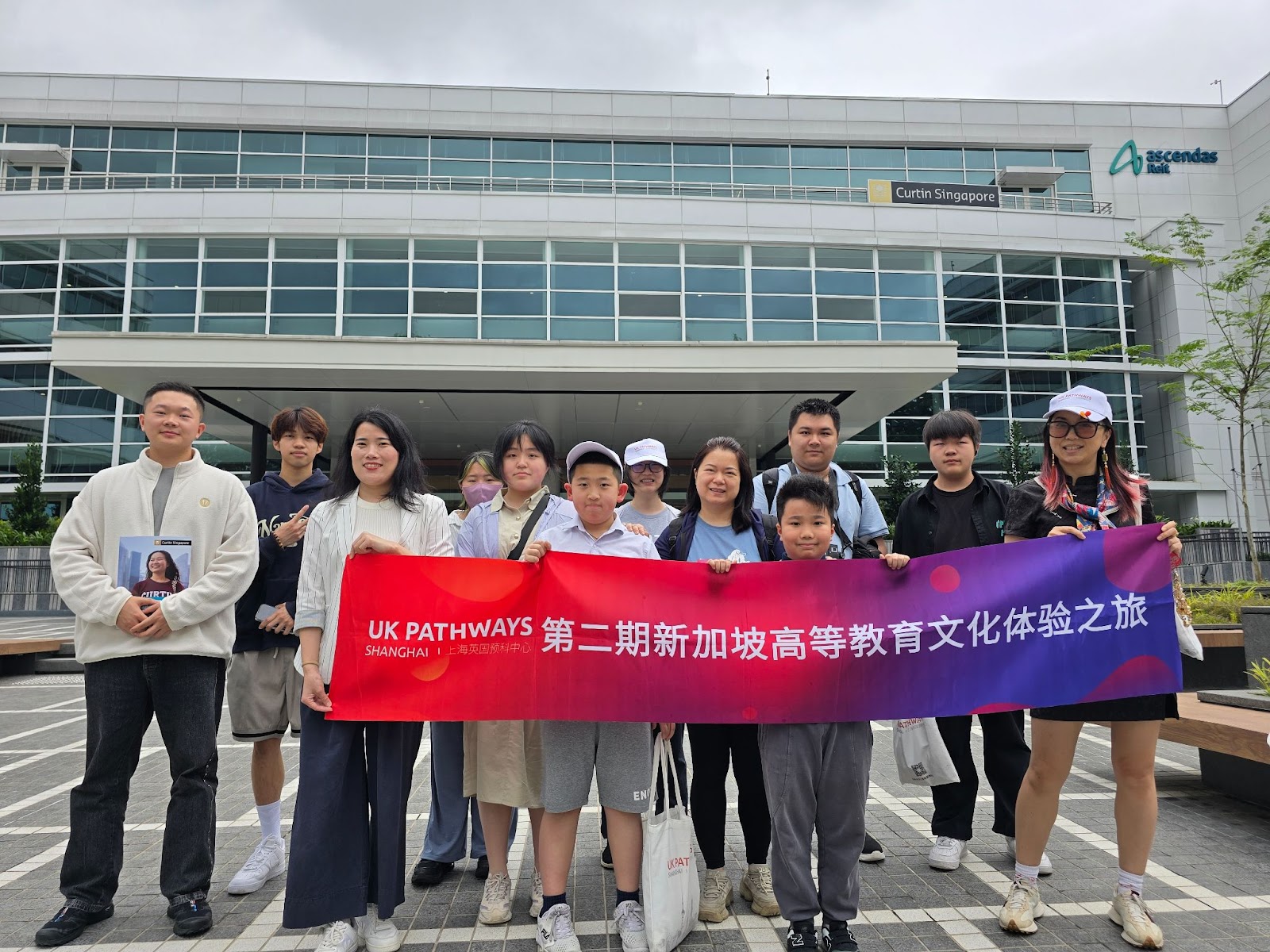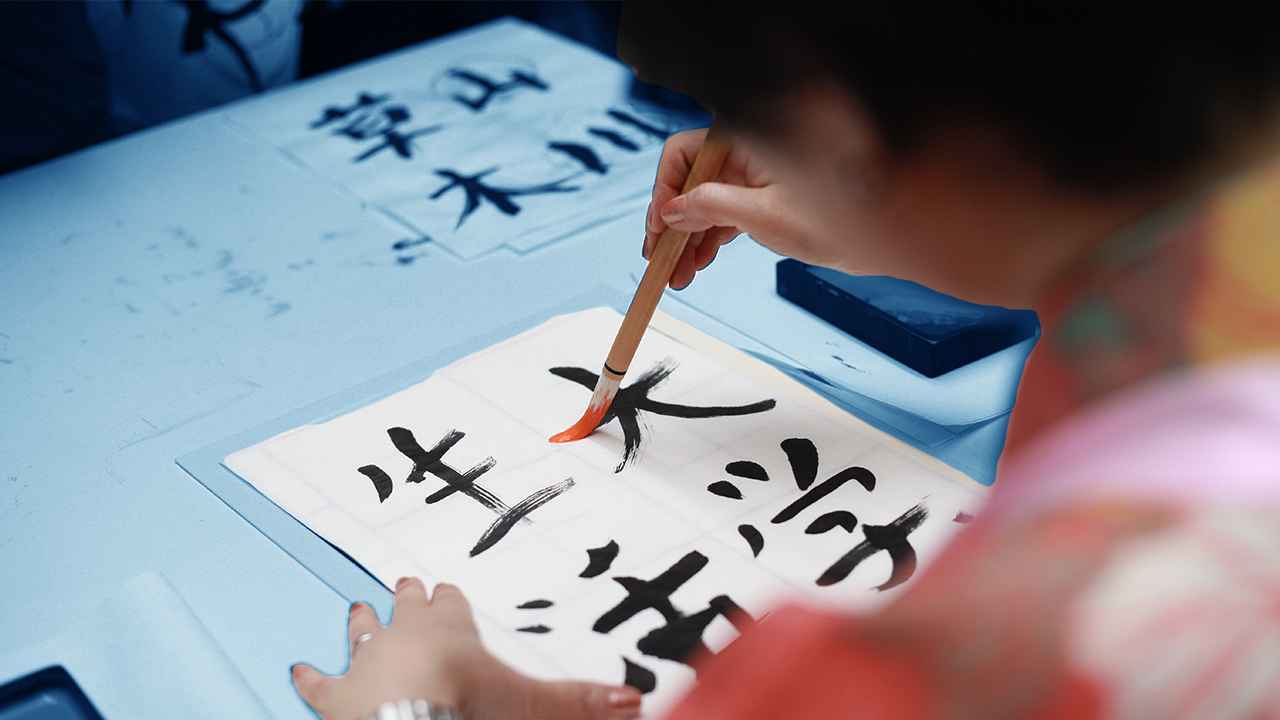23 August 2022
Here at Flying Chalks, the Study Abroad Specialist, we often get questions from parents such as “When is a good time to send my child to study abroad?”, “What are the benefits and downsides of sending my child to study abroad at a young age?” and “What are the different study abroad options for my child?”. We at Flying Chalks will help you answer all these questions in a comprehensive piece on studying abroad in Singapore!
There is no “one size fits all” approach to studying abroad. It all depends on the student’s individual preferences, his/her passion, his/her comfort level to live in a foreign land etc.
Study Abroad at Elementary School (7-12 years old)
Many parents hope to send their children to study abroad at a young age as they want them to enjoy the benefits of a foreign education system. These benefits can include higher quality education, an environment that allows your child to better learn foreign languages like English and Chinese, receiving a certificate that is more recognized worldwide etc.
As refer to the above news article by the Straits Times, one can pick up a language easily by being in a conducive environment. By placing your child in an English-speaking environment for example, they will be forced to speak and write the language on a daily basis, and have plenty of opportunities to interact with the local native speakers. As a result, they will be able to pick up the English language at a much faster pace compared to their peers in their home country.
For parents considering to send your child to study abroad at Elementary school, there are generally two main routes available:
It is a lot easier for international students to get admitted into private and international schools as they have the autonomy to conduct their own enrolment exercises. However, school fees for private/ international schools are usually much higher compared to mainstream local schools. Besides, accommodation and living expenses can be quite expensive if your child is studying in a city with a high standard of living and quality of life. Sending your children to study abroad at this young age is comparable to a long term investment. Investments mature and maximise its returns only when it is started early.
For students joining local schools, the school fees will be a lot more affordable compared to international schools. However, admission is generally much tougher. For example, to be eligible to be admitted in mainstream local schools in Singapore, students are required to take the Admissions Exercise for International Students (AEIS) Exam conducted by Singapore’s Ministry of Education. The exam is held annually in January and September.
Flying Chalks’ Advice:
For parents who do not want to part with their kids when they are at such a young age, or lack the financial ability to support them studying abroad, you can consider sending your child for short-term study programs like Summer Camps. It allows your child to gain global exposure, experience life abroad, learn a foreign language like English or Chinese, make international friends as well as be independent. And because it is just a short study program, it does not require spending lots of money.
We at Flying Chalks organizes our own Summer Camp in Singapore, specially designed to help non-native speakers improve their English language proficiency and provide them with a truly international experience! Your child will attend English lessons taught by native English-speaking teachers, learn alongside other students from South Korea, Russia, Korea, Japan, Vietnam, China, Germany and more, stay at a local homestay, and attend workshops conducted by facilitators from top universities in the World!
Alternatively, if finances allow and you would like to send your child to study abroad long-term, Flying Chalks also provides the complimentary service of helping your child enrol in an international school or at a private institution that provides preparatory courses to help your child prepare for the AEIS exam.
Flying Chalks International Summer Camp 2019
Study Abroad at Middle School and High School (13-18 years old)
When your child is an adolescent, they are at an age where they would be more comfortable leaving home and are likely to have greater interest in learning about new things and experiencing foreign cultures. Hence, it will be easier for students at this age to adapt to a new environment when studying abroad. Another advantage is that if your child graduate from the local high school, they will stand a better chance in entering the top public universities in the country they are studying, compared to international students who try to apply directly.
However, parents also have to take note that teenagers tend to be more rebellious when they are undergoing puberty. Children who lack the proper guidance and maturity may face a higher risk of going astray should they leave to study abroad alone. Being away from their parents can also create additional problems such as depression or not having a family present to talk to as their support network. (South China Morning Post) Thus, parents should take into consideration their child’s mental development to decide which study abroad program can best benefit their child.
Flying Chalks’ Advice:
For parents who think that their child is ready to be independent, we would strongly recommend a long-term study program. As mentioned earlier, there are two choices for parents and students to choose from: international/private schools and mainstream local schools. You can find out more about the Singapore education system here.
If you think that your child is not ready to be away from home for a long period of time, you can consider sending him/her for a short-term study program, such as a Holiday English Program or Summer School. As these are short courses that can be taken during the school holidays, it will not affect you child’s regular studies. You can find out more about Flying Chalks’ English Program here.
English Language Program with our Korean students
Study Abroad at Tertiary Level (18 years old and above)
Here is where we would recommend all parents to send their children to study abroad. At this age, your child is more mature, independent, and able to take care of themselves. In addition, many universities around the world give out various scholarships and grants to international students; translating to lesser financial burden. Completing university education abroad also gives your child an edge in seeking employment in that country as it allows them to physically attend interviews and have an education that is more recognized in the country. Should your child wish to return home to work, the study abroad experience is also likely to put your child in a more favourable light as global exposure and a good education are some of the key aspects that employers seek.
Similar to primary schools and secondary schools, there are both private institutions and public universities. Admission requirements vary among universities, and it depends on which courses a student wants to apply to. A more detailed post on the different schools is available in Flying Chalks travel blog here.
Flying Chalks’ Advice:
Do not let the language barrier hinder your child from studying abroad. Most private universities offer English preparatory courses for international students who are weaker in the language or do not meet the minimum language requirements for the degree.
Local students hosting international students at a Flying Chalks’ outing in Singapore.
Consider studying abroad as a way to broaden your child’s horizons personally, socially and professionally. Whether they are in primary school, secondary school, or tertiary, there are always study abroad programs suitable to enhance their learning experience. If you are interested to find out more, reach out to our team at Flying Chalks (your Study Abroad Specialist) to find out about more about which country and school is best suited for your child, as well as various scholarships that you can tap on with some of our exclusive school partners!







